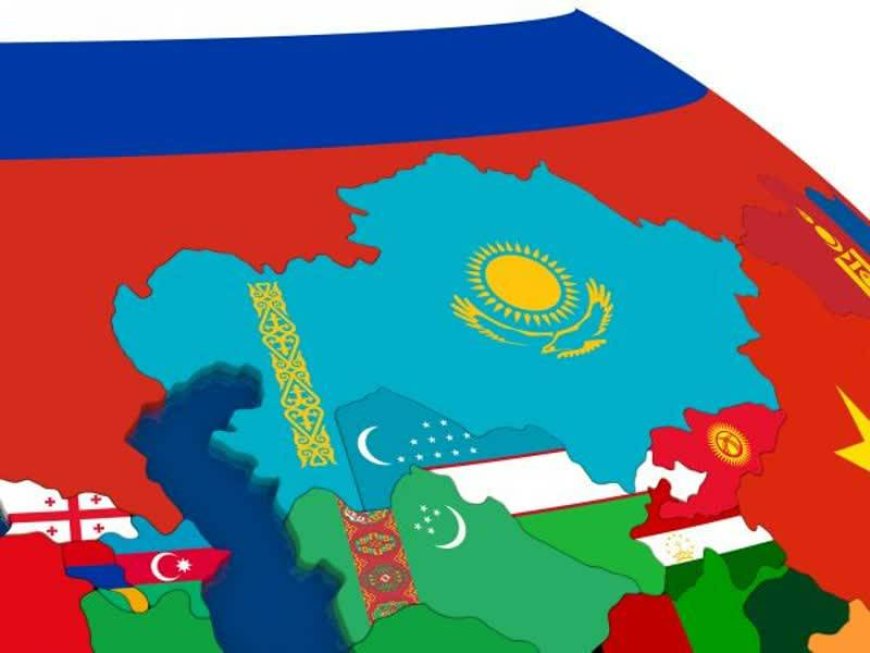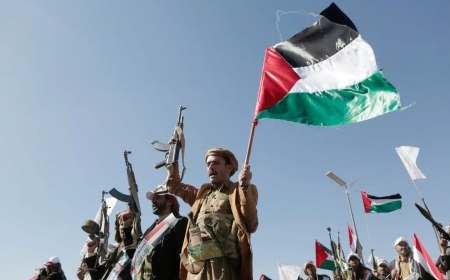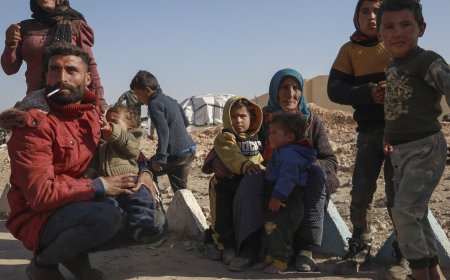Why does the United States seek to increase its role in Central Asia?
Some may argue that due to its landlocked nature, Central Asia may not hold as much significance as other regions. However, given its strategic significance as a main hub for energy resources and a key conduit for communication between the East and the West, this region remains of paramount importance. As we observe the current state of affairs, it appears that various international players, including the United States, are vying for dominance in this region and endeavouring to steer its political dynamics in alignment with their own interests. The question at hand is: what exactly is the objective of Washington in exerting its dominance over Central Asia?

One of the primary objectives of the United States is to diminish the influence of other key players in the region. Through studying the current geopolitical landscape, it is evident that the United States cannot overlook the traditional presence of Russia, China, and Iran in Central Asia. Therefore, it is imperative for American policymakers to adopt a multifaceted approach to establish a new position in the region. This approach aims to strengthen Washington’s political encroachment in Central Asia.
Such a policy would be instrumental in consolidating the US's position in the region. The Greater Central Asia project has been a long-standing initiative due to the significant geopolitical importance of the Central Asia region. The Greater Central Asia Project seeks to establish a cohesive Central Asia through the implementation of a range of initiatives encompassing military, strategic, and geopolitical domains. The strategic objective of incorporating Afghanistan into Central Asia is, in fact, to enable the United States to exert influence over the entire region.
The recent decision by the United States to withdraw from Afghanistan has had a notable impact on the advancement of Washington's objectives with respect to the Greater Central Asia Initiative. In light of this development, the United States Department of State has released a strategy for Central Asia spanning from 2019 to 2025, which places particular emphasis on mitigating the so-called threat of terrorism.
The withdrawal of the American occupiers from Afghanistan has brought the issue of security stability in the region to the forefront. This is a matter of great concern, particularly in light of recent events. It appears that the White House has adopted a strategy aimed at curbing the activities of its rivals, China and Russia, while simultaneously tackling terrorism and fundamentalism. This approach, previously employed in Afghanistan, is now set to be implemented in Central Asia, with a particular focus on Kyrgyzstan and Uzbekistan.
Amidst Russia's special military operation in Ukraine, American diplomatic efforts in Central Asia have notably intensified. In fact, just three days following the commencement of this operation, US Secretary of State Anthony Blinken met with his Central Asian counterparts in a "5+1" format.
The United States has implemented a strategic approach to bolstering its influence in Central Asia by extending financial assistance to its poor nations and offering investment packages to more dominant countries in the region. It appears that Washington is striving to bolster its standing within Central Asian "civil societies" and leveraging their influence to impact the domestic politics of every nation in the area.
As part of its foreign policy strategy, the United States has supplied military equipment to countries in the region and has allocated substantial financial resources to support border guard forces.













































